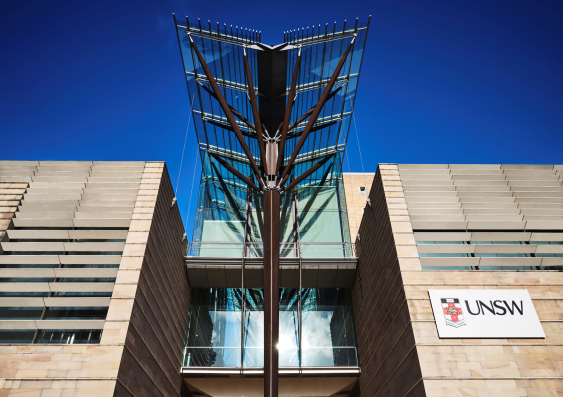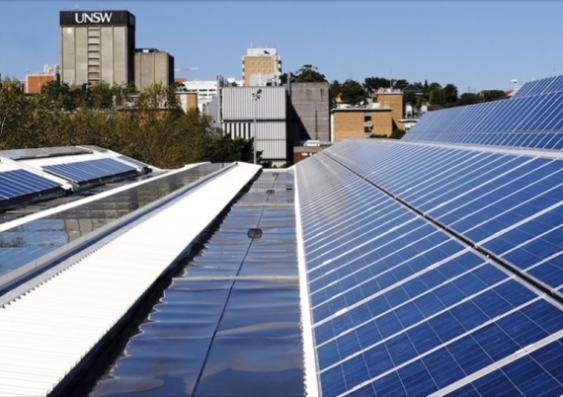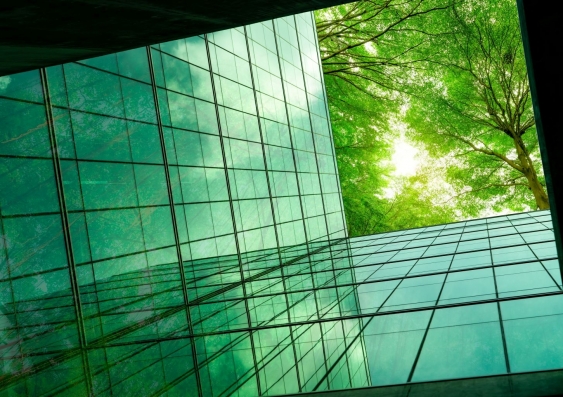UNSW receives $6.3m for renewable energy and decarbonisation research
2024-04-11T15:19:00+10:00

UNSW researchers will work with some of Australia's biggest steel industry companies to develop low-emission processing of Australian iron ore, especially lower grade ore from the Pilbara.
Photo: Getty Images.
A blast-furnace process for sustainable low-carbon iron-making and a renewable hydrogen production project have received significant funding from the Australian government.
Projects led by Professor Yansong Shen and Scientia Professor Rose Amal from UNSW’s School of Chemical Engineering received $4.4 million and $1.9 million in the latest round of funding from the Australian Renewable Energy Agency (ARENA).
ARENA funds projects under the Transformative Research Accelerating Commercialisation (TRAC) Program to support the global transition to net zero emissions.
ARENA distributed $59.1 million to 21 research projects supporting research and development and commercialisation activities covering its strategic Renewable Hydrogen and low-emission Iron & Steel rounds.
“We’re backing Australian technological innovation that helps build our clean industries and underpins our ambitions of becoming a renewable energy superpower,” said ARENA CEO Darren Miller.
Decarbonised iron-making
In a carbon-constrained global steel market, low-emissions iron and steel-making technologies are crucial. Decarbonisation through the iron and steel value chain will have a significant impact on global emissions reduction.
UNSW’s Shen Lab received $4.4 million as part of ARENA’s Iron and Steel Research and Development Funding to develop new blast furnace technology to create a low-emission iron-making process.
The ‘Renewable Injections-Sustainable Burdens (RISB) process project’ will be led by Prof. Yansong Shen and involve partners from the steel-making industry including Rio Tinto, BlueScope Steel, Baowu Steel, ArcelorMittal and Cleantech Energy Australia, and Australian universities.
The project provides a novel iron-making solution for Australian iron ore, predominately comprised of lower grade ore from the Pilbara, and will help to decarbonise domestic steel production.
“Our project is focussed on new and cost-effective ways to optimise the use of low-grade Australian iron ore and the use of renewable fuels including fine-ferrous feeds, hydrogen-rich gases and biochar into the process,” said Prof. Shen.
“We are confident that we can create a viable blast furnace process, enabling a low-emission ironmaking process to be brought to market in the near future.”
Professor Julien Epps, Dean of Engineering at UNSW, said the “Australian iron ore and steel industry faces significant challenges to decarbonise”.
“Prof. Shen’s project will help to remove the barriers to using lower-grade Australian iron ores in steelmaking and optimise its use through the development of the Renewable Injections-Sustainable Burdens (RISB) Process,” he said.
Supporting the development of clean hydrogen
Another UNSW project, ‘Production, Multiphase Electrolysers for Renewable Ammonia Production’, led by Prof. Amal, alongside UNSW Engineering colleagues Dr Rahman Daiyan, Dr Zhi Peng Ma, and Dr Emma Lovell, received $1.9 million as part of ARENA’s Hydrogen energy research and development funding round. The team will partner with engineering and investment companies to accelerate the scaling-up and commercialisation of the technology.
“Renewable ammonia is an energy carrier in the emerging hydrogen economy,” said Prof. Amal.
UNSW has developed a patented technology known as , which facilitates the direct conversion of air (and water) into ammonia and has the capability to transform nitrogen oxide gases found in waste flue gas, and nitrate and nitrite in wastewater, into ammonia, so closing the nitrogen oxide loop and unlocking a zero-emissions future for fertilisers, fuels and beyond.
“The ability to safely produce renewable ammonia through our hybrid advanced oxidation and electrolyser process has great potential to support the development of low cost, clean ammonia in Australia,” said Prof. Amal.
Prof. Epps said, “I congratulate Prof. Shen and Prof. Amal on the development of these projects. This type of research is a key part of a global transition to net zero emissions, and brings increased understanding to the technologies that will be part of a clean energy future.”
Media contact
Louise Templeton
Corporate Communications
+61 (0)413 495 994
louise.templeton@unsw.edu.au









